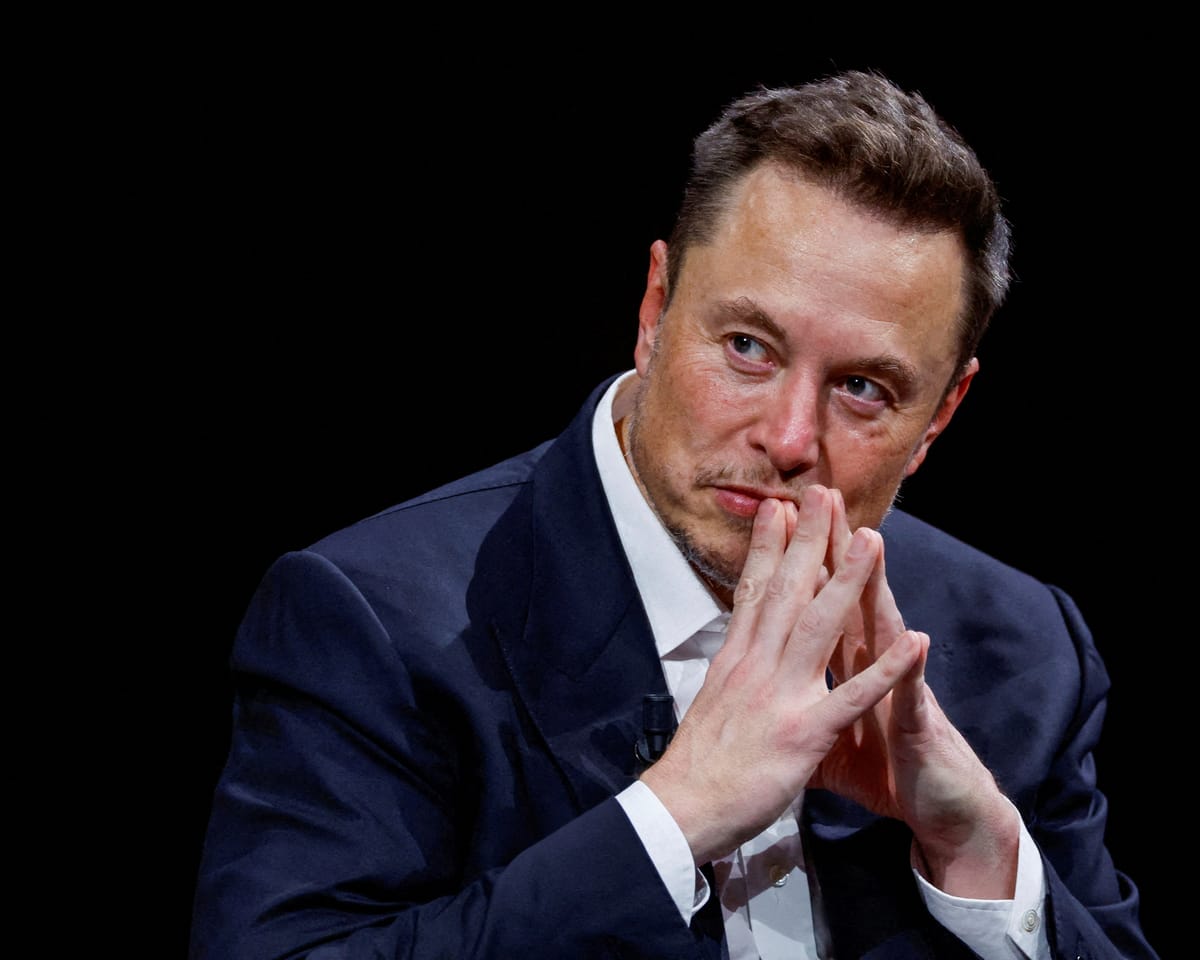Correction in Seasonally Adjusted Retail Sales Data Reported
Britain’s Office for National Statistics (ONS) has acknowledged an error in its method for calculating seasonally adjusted retail sales figures.
The mistake involves how the ONS accounts for “calendar effects,” such as the shifting dates of holidays like Easter, and how its standard data collection periods align with calendar months.
[The ONS employs a four-week, four-week, five-week cycle for data collection, which must then be synchronized with calendar months.]
Due to this issue, the release of retail sales data was postponed—originally scheduled two weeks earlier.
The ONS maintains that seasonal adjustments are necessary but confirms that discrepancies in handling holiday and “phase shift” effects were not properly addressed from January to May this year.
The corrected figures show that retail sales were weaker than initially reported in January, February, April, and June, as illustrated in an ONS chart.
This incident further strains the ONS’s credibility after a June report exposed systemic challenges within the agency, which has also faced difficulties in producing accurate labor market statistics.
The latest data reveals a 0.6% decline in the volume of goods purchased between April and July 2025 compared to the previous three months. However, retail sales volumes alone rose by 0.6% in July, following a 0.3% increase in June 2025.
Musk’s Compensation Proposal Draws Attention
Tesla’s proposed compensation plan for Elon Musk, valued at $1 trillion, has sparked discussions due to its unprecedented scale in corporate history.
Under the plan, Musk could receive significant financial rewards and greater influence over the company, following a Delaware court’s rejection of his previous $50 billion package.
Bloomberg notes that Tesla’s board is exploring ways to compensate Musk, including an interim stock award worth roughly $30 billion in early August.
The Financial Times highlights the ambitious nature of the proposal, stating that achieving the full payout—which hinges on Tesla’s market cap reaching $8.5 trillion, up from $1.09 trillion—would be extraordinarily difficult. Tesla’s current valuation is less than half that of Nvidia, the world’s most valuable company at $4.2 trillion.
The Wall Street Journal adds that the deal would grant Musk increased voting rights at Tesla.
Read next

"Shein UK faces allegations of shifting major earnings to Singapore to slash UK tax bill"
Shein’s UK division has been accused of shifting the "majority of its earnings" to its parent company in Singapore to reduce its tax obligations in Britain.
The firm, which had reportedly considered a £50bn listing on the London Stock Exchange but is now anticipated to go public

"UK house prices hit record high of £299,331, reports Halifax"
UK property prices increased for the third month in a row in August, setting a new record as the market gains momentum.
Prices rose by 0.3% compared with July, following a 0.4% increase the previous month and a 0.1% rise in June, bringing the average home value

Jaguar Land Rover employees instructed to work remotely following cyber breach
Jaguar Land Rover Factory Staff Told to Stay Home After Cyber-Attack
Jaguar Land Rover has instructed factory employees to remain at home until at least next Tuesday as it addresses the aftermath of a cyber-attack.
The company ceased production at its facilities in Merseyside and the West Midlands after discovering

